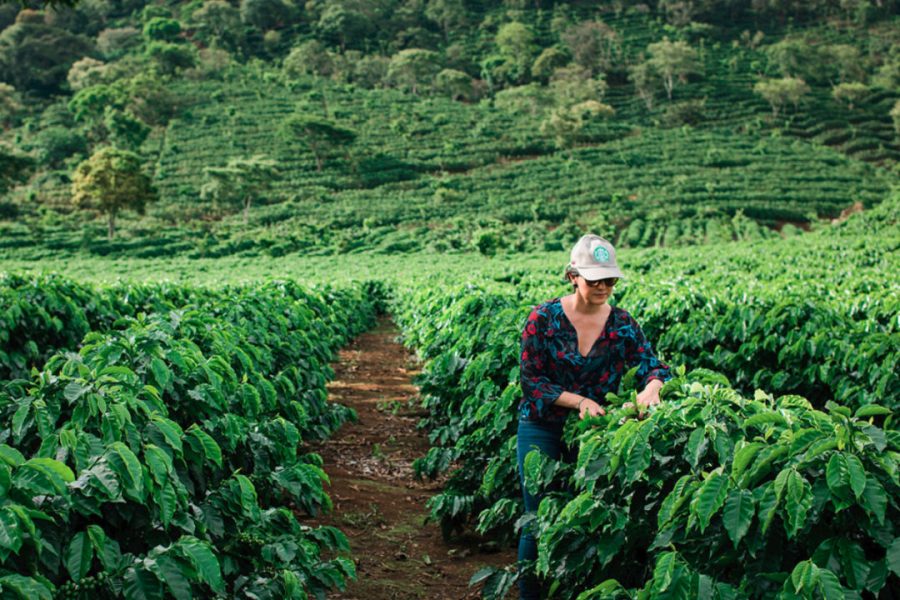Green Initiatives Across the World
October 8, 2021
Companies and businesses across the world have taken steps toward a green future by promoting sustainability and eco-consciousness with their new ecological initiatives. Here are some businesses with the most impactful green environmental goals that will give you hope for a better future.
From packaging to material sourcing, Lush has some of the most well-rounded, green-focused initiatives. This cosmetic retail company has been reducing its packaging by offering zero-waste products that can be simply taken home without being packaged – such as bubble and shampoo bars. When packaging is unavoidable, Lush uses post-consumer recycled plastic or compostable materials. As for natural resources, Lush does not source any energy from companies that support fracking and has been able to save up to 450,000 litres of water per year by producing solid, unpackaged products (weare.lush.com)
Clover Sonoma, a family-owned dairy corporation, announced on September 29, 2021 that it will be releasing post-consumer recycled gallon milk jugs in the United States. The corporation will be taking part in a closed loop recycling system in order to reduce the amount of plastic that ends up in landfills. CEO of Clover Sonoma, John Talbot, claims that this initiative will reduce the environmental impact of the milk packaging industry. The PCR milk jugs will appear in stores in the first quarter of 2022 with the goal of encouraging and educating consumers to make sustainable decisions when they shop for groceries (cloversonoma.com).
Starbucks, a multinational coffee company, shared its updated environmental goals this year. To further extend its environmental accomplishments, the popular coffeehouse chain has decided to commit to carbon-neutral, green coffee and to reduce water usage in coffee processing. Starbucks plans to achieve these goals by 2030. To do so, the company has been helping farmers target and reduce fertilizer use through precision agronomy tools. This has resulted in a decrease in carbon emissions within their supply chain. The company has also purchased almost 600 ecological wet mills around the world, which have saved up to 80% of the amount of water that was previously being used (stories.starbucks.com).
American clothing company Patagonia makes grand advancements in sustainability through initiatives such as utilizing recycled materials and pledging their profits to environmental issues. Up to 87% of the fabrics that Patagonia uses are made out of recycled materials. For instance, the company uses recycled fishing nets to make products such as hats, jackets, and sunglasses. By doing so, Patagonia has helped reduce the amount of plastic that ends up in the oceans and has provided coastal communities with supplemental incomes. The company has pledged to donate 1% of its sales to domestic and international grassroot groups that work to preserve and restore the natural environment (patagonia.com).
Aldi, an international grocery chain, announced that by 2025 it would be launching 100% reusable, recyclable, and/or compostable packaging. Additionally, the company is taking steps towards reducing packaging material by at least 15%. The company’s sustainable initiative will have an impact on the amount of waste generated and will reduce the amount of material that ends up in landfills (corporate.aldi.us).













